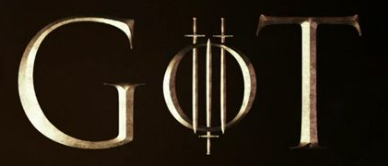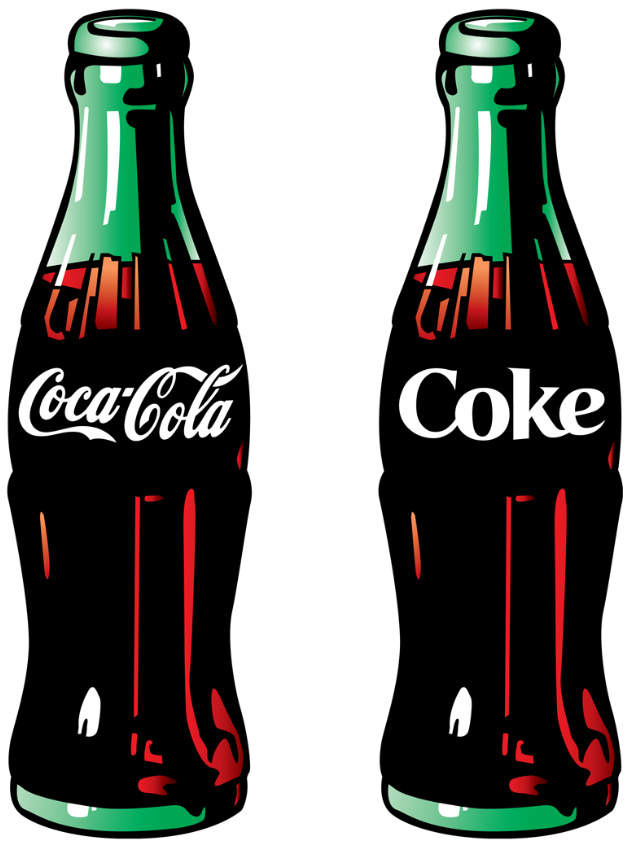SCHOOLS THAT PAY FOR MY MISTAKES
Navigating higher education these days is no small task. Many considerations must be assessed, not the least of which is the cost. While the sheepskin and its rewards can never be taken away from you, each student must simultaneously manage the costs before, during, and after that academic experience.
Very concerned about that challenge, on December 19, 2013, Senators Jack Reed, Elizabeth Warren, and Dick Durbin introduced the Protect Student Borrowers Act of 2013. It currently is referred to the Committee on Health, Education, Labor, and Pensions. If passed, the bill would hold colleges accountable for students who default on their college loans, as Karen Wiese explains (“A Bill: Paying Off College Debt” Bloomberg Businessweek , 1/6/14–1/12/14, p. 27):
“ Depending on the share of their students that default, schools could be fined from 5 percent to 20 percent of the amount those students owe. . . . Even if this bill fails, the idea that colleges should bear some responsibility for student debt is gaining steam. ”
I remain baffled at this kind of legislation. Given the weight of a college enrollment decision, it is incumbent upon the student to do his or her homework first. “Let the buyer beware” applies everywhere and that includes higher education. Doesn’t this legislation strike you as another one of those “I am not responsible for my decisions” campaigns? It is always someone else’s fault.
Please do not misunderstand. We should always be concerned with false advertising and outright fraud. In those cases, consumers already have legal recourse. I realize there have been schools that made completely unrealistic promises about future jobs and salaries. These institutions should be investigated and prosecuted to the fullest extent of the law on a case-by-case basis. Nonetheless, we do not need blanket legislation that holds all colleges accountable for defaulted loans based on an infinite number of variables that are not even remotely within their control.
Let schools be what they choose to be. Let prospective students wisely shop that marketplace. We can and we should live with the consequences.










